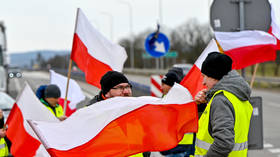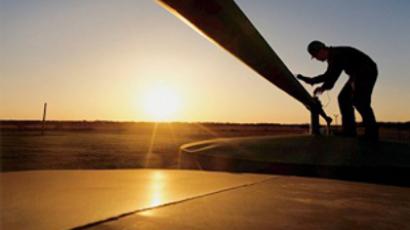New gas alliance won’t price fix
Tuesday saw the creation of a new global energy organisation – Gas Exporting Countries Forum. Some were quick to dub it a “Gas OPEC”, however, those involved insist it will differ from the petroleum exporters' union.
The members of the Gas Exporting Countries Forum (GECF) adopted the organization's charter in Moscow.
“A new organization called the Gas Exporting Countries Forum was established today with a new agreement. Its charter has been adopted,” Russian Energy Minister Sergey Shmatko stated at a news conference after the meeting.
The permanent organisation will unite Russia, Iraq and Qatar, with Kazakhstan receiving observer status. Meanwhile, Equatorial Guinea has expressed its desire to join the forum.
Qatar's capital Doha was voted to host GESF's headquarters.
At the news conference Sergey Shmatko stressed that the forum's member countries would not coordinate gas output but they would try to coordinate their investment programmes.
In October Russia agreed to form a Gas Troika with Qatar and Iran. The group accounts for a third of global reserves and says it will safeguard global supplies. The gas exporting countries might now form a larger permanent organisation, which they insist is different from OPEC.
“What is OPEC? Basically it's a group of countries that got together and either increased or dropped production,” said Konstantin Simonov, head of the National Energy Security Foundation, stressing that the goals for the gas alliance will be different.
“What we want to do is to separate the oil and gas markets and create new principles of trade. Now the price of gas still depends on the oil price in a sophisticated way. We want to split them up,” Simonov explained.
The idea has caused some controversy among western consumers. Japan and the US are among those strongly opposed to the plans, saying it will dictate the market and not help production.












